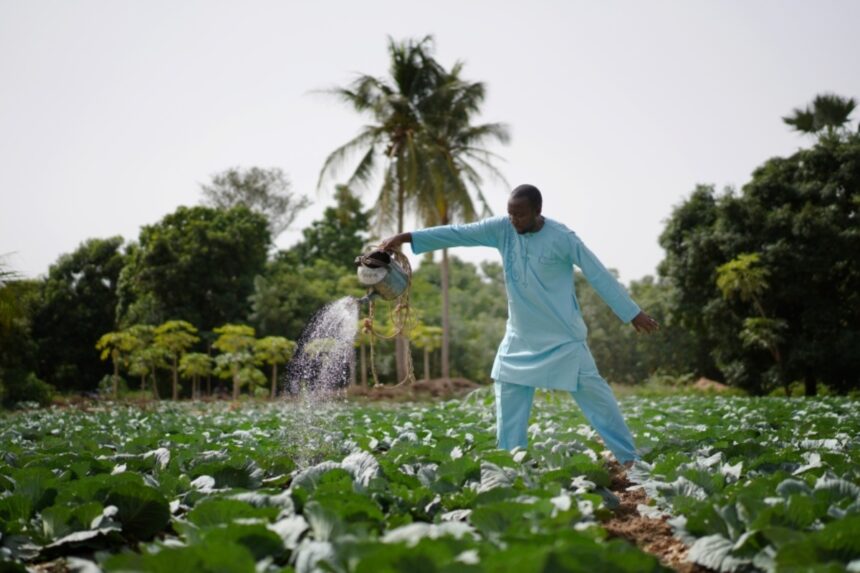Agrifood supply chain resilience is becoming a significant business risk as the number of days with moderate or high food price volatility for rice and wheat has seen a significant increase between 2020 and 2024. A study conducted by Boston Consulting Group (BCG) and Quantis titled “Building Resilience in Agrifood Supply Chains” delves into the impact of rising climate risks, changing trade dynamics, and evolving geopolitical conditions on food supply disruptions.
Food systems are already facing challenges, with one-third of all food produced globally being lost or wasted, while one in eleven people globally are experiencing food insecurity. Disruptions in agricultural production further exacerbate this situation, affecting communities, economies, and trade activities and hindering access to essential food supplies.
Geopolitical instability can lead to disruptions in the supply of staple crops like wheat, as seen in the case of the war in Ukraine. Additionally, climate change is causing rising temperatures and more frequent extreme weather events, leading to unpredictable growing seasons that can disrupt existing agrifood production regions.
Africa, where agriculture supports over half of the population’s livelihoods, is particularly vulnerable to these challenges. BCG’s analysis indicates that climate-related yield losses could result in a 46% drop in farmer profitability, impacting smallholders who lack access to credit, insurance, and modern farming inputs. Staples like rice are expected to see global production declines, posing a threat to food security in African nations that rely on imports.
In West Africa, climate disruptions and diseases have significantly affected cocoa yields, causing prices to soar. While higher cocoa prices could benefit African farmers, challenges in the supply chain and volatile prices make long-term planning difficult. Global markets are also exploring alternative cocoa supply sources in Southeast Asia and Latin America, posing economic and food security risks to African farmers.
To build resilience in agrifood systems, companies must adopt proactive strategies to address disruptions and manage risks effectively. Key resilience levers highlighted in the report include investment in resilient seed varieties, the use of predictive technologies like AI and satellite imaging, crop and supply chain diversification, and access to climate finance for smallholder farmers.
By investing in climate-smart agriculture, resilient seed varieties, and predictive technologies, Africa can create agrifood systems that are secure, competitive, and future-ready. To learn more about building resilience in agrifood supply chains, you can download the publication from the BCG website.








